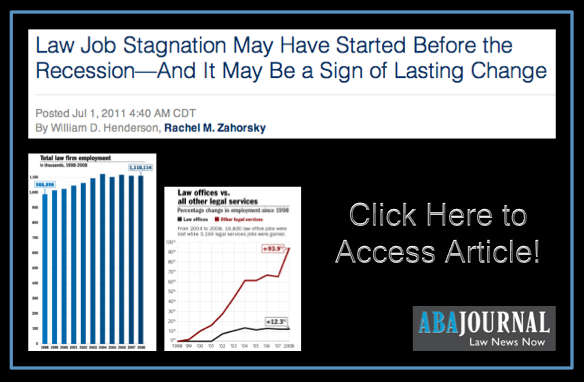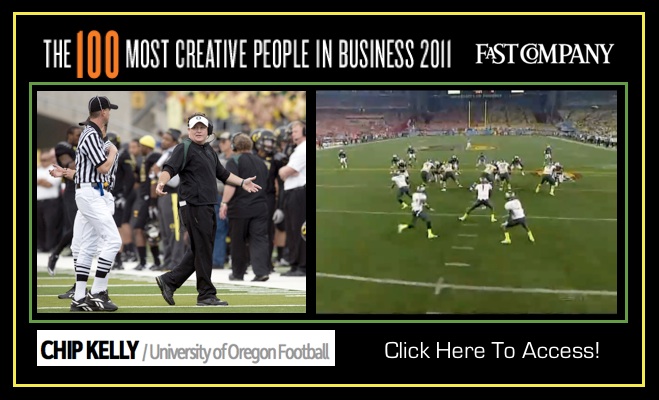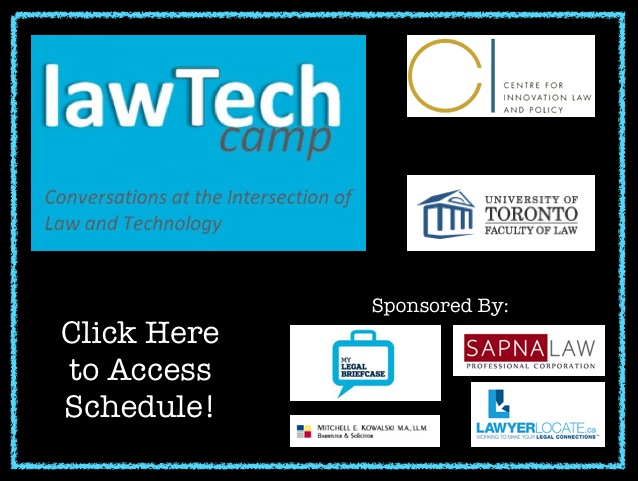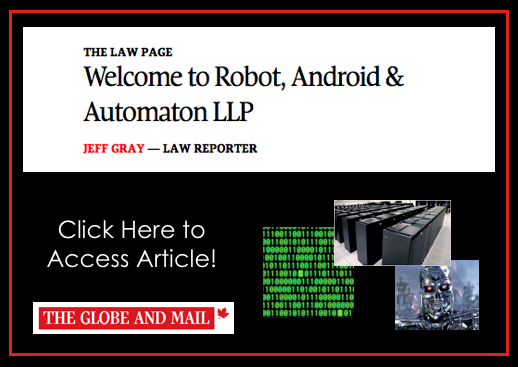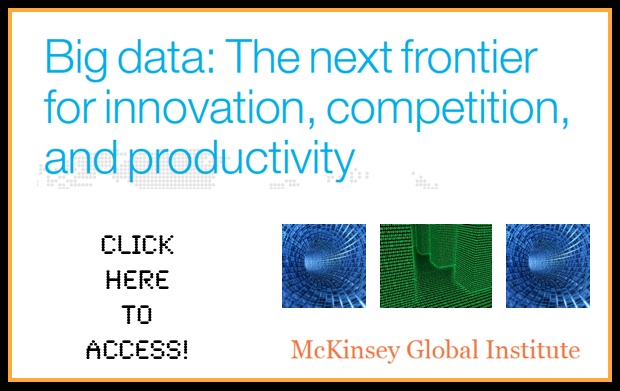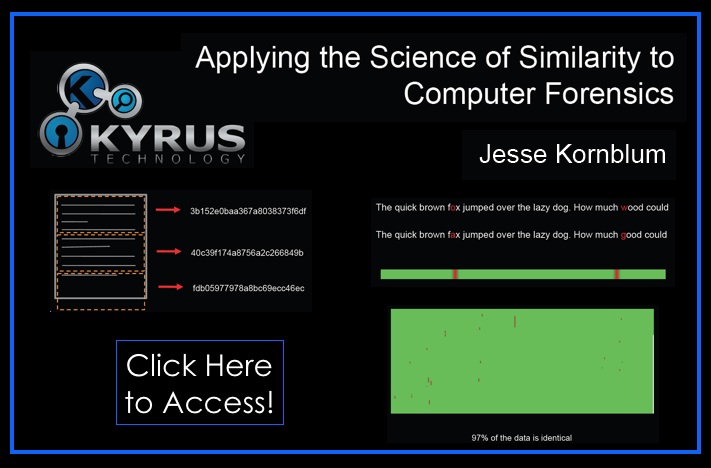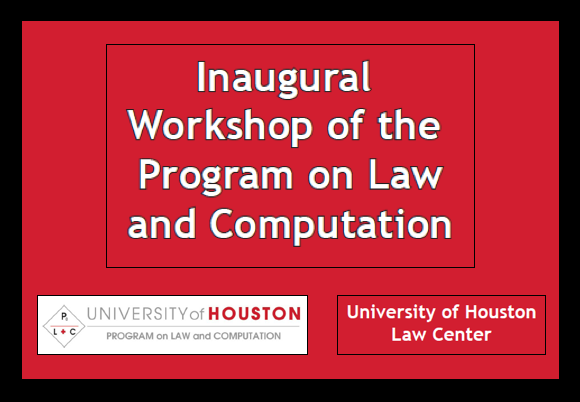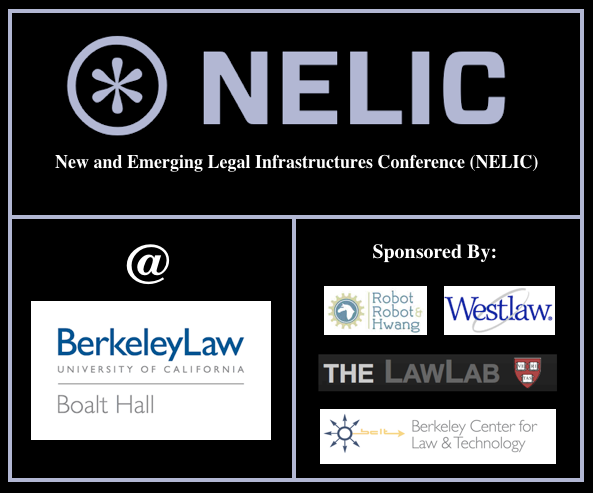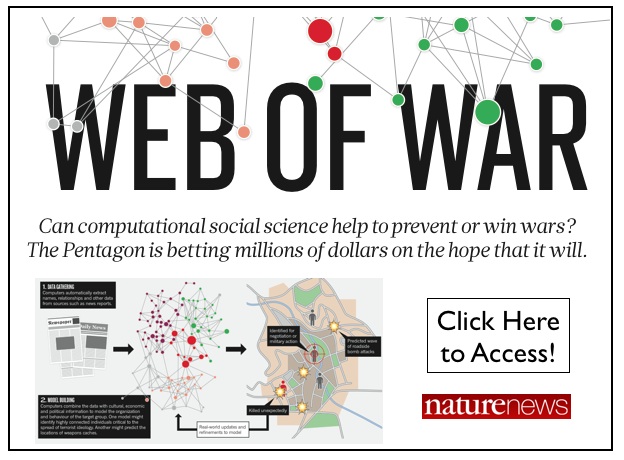Tag: the future
Daniel Kraft: Medicine’s Future? There’s an App for That [TedXMaastricht]
Very interesting talk and note this could just as easily say – Law’s Future? There’s an App for That. Generated by the nexus of available technology and the current legal employment crisis there appears to be a growing app / “garage guys” culture breaking out. LawTechCamp, New and Emerging Legal Infrastructures and other related conferences showcase just some of the app style innovations that are being generated in the legal marketplace. I guess you can say there is nothing more dangerous than a bunch of smart folks who get pushed into a corner — forced to innovate for a want of high quality alternative options. Change is on the march and my bet is there is more disruption in the windshield than in the rearview. As my old football coach liked to say — better keep your head on a swivel!
Big Data: The Next Frontier for Innovation, Competition and Productivity [Via McKinsey Global Institute]
There is growing interest in “Big Data” – both within the academy and within the private sector. For example, consider several major review articles on the topic including “Big Data” from Nature, “The Data Deluge” from The Economist and “Dealing with Data” from Science.
Indeed, those interested should consult the proceedings/video from recent conferences such as Princeton CITP Big Data 2010, (where I presented on the Big Data and Law panel) GigaOM 2011 NYC, O’Reilly Strata 2011 Making Data Work Conference, etc. Summarizing some of these insights and providing new insights is a new report for the McKinsey Global Institute entitled Big Data: The Next Frontier for Innovation, Competition and Productivity. This report was the subject of a recent NY Times article New Ways to Exploit Raw Data May Bring Surge of Innovation, a Study Says. Here is one highlight from this article “McKinsey says the nation will also need 1.5 million more data-literate managers, whether retrained or hired. The report points to the need for a sweeping change in business to adapt a new way of managing and making decisions that relies more on data analysis. Managers, according to the McKinsey researchers, must grasp the principles of data analytics and be able to ask the right questions.”
Of course, here at Computational Legal Studies, we are interested in the potential of a Big Data revolution in both legal practice and in the scientific study of law and legal institutions. Several recent articles on the subject argue that a major reordering is — well — already underway. For example, Law’s Information Revolution (By Bruce H. Kobayashi & Larry Ribstein), The Practice of Law in the Era of ‘Big Data’ (By Nolan M. Goldberg and Micah W. Miller) and Computer Programming and the Law: A New Research Agenda (By Paul Ohm) highlight different elements of the broader question.
We hope to share additional thoughts on this topic in the months to come. In the meantime, I would highlight the slides from my recent presentation at the NELIC Conference at Berkeley Law. My brief talk was entitled Quantitative Legal Prediction and it is a preview of some of my thoughts on the changing market for legal services. Please stay tuned.
The Great Stagnation: Why Hasn’t Recent Technology Created More Jobs? [PBS Newshour]
As part of his continuing coverage of Making Sen$e of financial news, Paul Solman reports on why more good jobs haven’t been created in recent years. Can new technological innovations create widespread job growth as past generations have seen? Tyler Cowen (George Mason / Marginal Revolution) argues “there is an innovation drought, relative to the industrial revolutions of the past and to other countries today.” Erik Brynjolfsson (MIT Solan) counters “I’m an optimist about technological progress, but I’m not nearly as optimistic about our ability to keep up with it. We have got some real problems. I just want to make it clear that the problem is not stagnation. The problem is more serious in some ways, which is our basic human ability to keep up with technological progress. That problem is going to get worse and worse as technology speeds faster and faster.”
Applying the Science of Similarity to Computer Forensics (with lots of other potential applications) [via Jesse Kornblum]
From the talk description: “Computers are fantastic at finding identical pieces of data, but terrible at finding similar data. Part of the problem is first defining the term similar in any given context. The relationships between similar pictures are different than the relationships between similar pieces of malware. This talk will explore the different kinds of similar, a scientific approach to finding similar things, and how these apply to computer forensics. Fuzzy hashing was just the beginning! Topics will include wavelet decomposition, control flow graphs, cosine similarity, and lots of other fun mathy stuffs which will make your life easier.”
I have been quite interested in the “science of similarity” and its application to a variety of questions in law and the social sciences. Whether it concerns the sort of analogical reasoning described by legal scholars such as Edward Levi or Cass Sunstein or cognitive biases such as the availability heuristic (Tversky & Kahneman (1973)), developments in “science of similarity” are of great relevance to theorists in a wide variety of sub-fields.
While there has been lots of skepticism regarding the application of these principles (particularly by those in legal theory), from our perspective it appears as though computer science ∩ psychology/cognitive science stands on the cusp of a new age in the “science of similarity.” I offer the slides above as I found them to be both interesting and useful. Stay tuned for more …
My Slides from New and Emerging Legal Infrastructures Conference (NELIC) [ @ Berkeley Law ]
UPDATED SLIDES – Midwest Law & Econ Association – Indiana Law – Sept 2011

